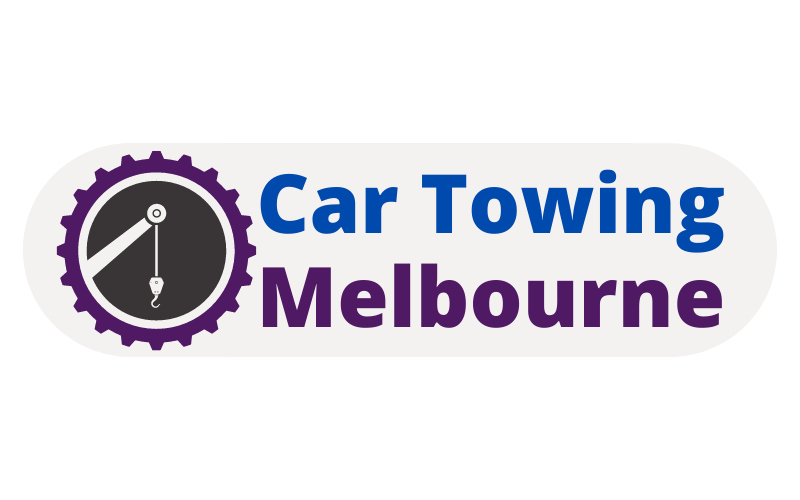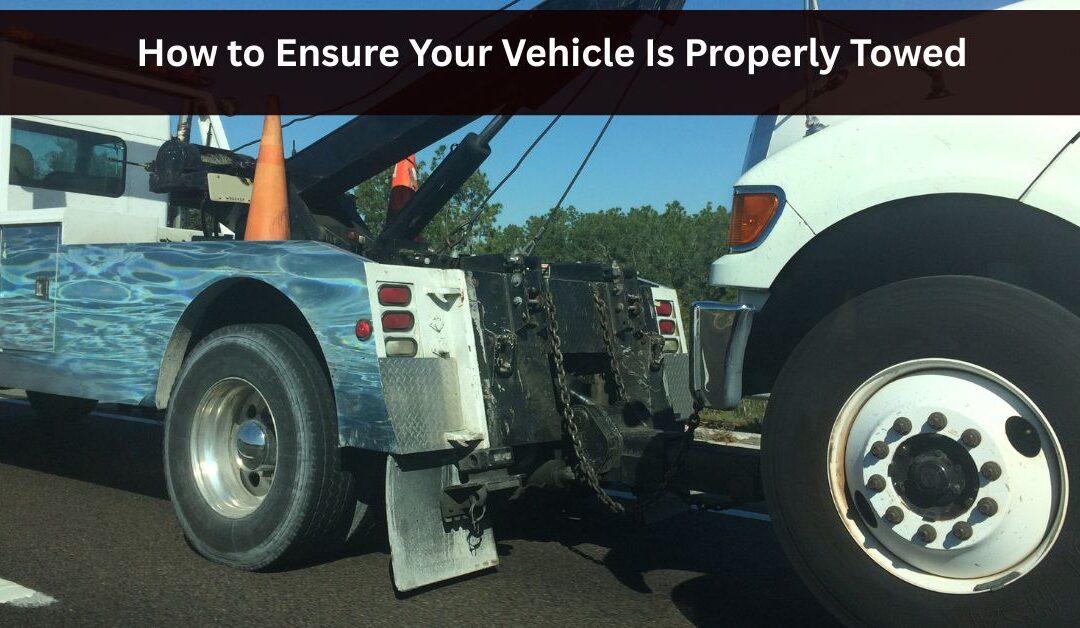Towing a vehicle is a task that requires careful handling and the right techniques. Whether it’s after a breakdown, accident, or simply transporting your car from one location to another, ensuring that your vehicle is properly towed is crucial. Poor towing practices can cause significant damage, leading to costly repairs and safety issues. Knowing what to expect and how to prepare can make all the difference in protecting your vehicle during the towing process.
Choose a Professional and Experienced Towing Service
The first and perhaps most important step to ensuring your vehicle is properly towed is selecting a reputable and experienced towing company. Not all towing services offer the same level of expertise or equipment. A professional towing company will have trained operators who know how to handle different types of vehicles, from compact cars to heavy-duty SUVs and specialty vehicles.
Before agreeing to a tow, check if the towing company is licensed, insured, and well-reviewed. You can ask about their experience with your specific type of vehicle, especially if you drive a low-clearance sports car, an all-wheel-drive SUV, or a luxury model. Choosing the right tow service minimizes the risk of mishandling and ensures that your vehicle is transported safely and securely.
Understand the Different Towing Methods
Not all towing methods are suitable for every type of vehicle. Understanding the main types of towing can help you know what’s best for your situation and make sure the tow truck operator uses the correct approach.
Flatbed towing is often considered the safest method because the entire vehicle is lifted onto the truck’s platform, preventing any contact between the wheels and the road. This method is ideal for luxury vehicles, all-wheel-drive cars, and severely damaged vehicles.
Wheel-lift towing involves lifting either the front or rear wheels off the ground while the other set remains on the road. This method is quicker and more economical but may not be ideal for certain vehicles, particularly those with all-wheel or four-wheel drive unless specific precautions are taken.
Hook and chain towing, though less common today, is typically reserved for wrecked vehicles heading to a scrapyard. This method can cause damage if used improperly, so it’s generally not recommended for undamaged or drivable vehicles.
Knowing which method is appropriate for your car ensures that you can confirm the correct equipment is being used before the tow begins.
Prepare Your Vehicle for Towing
Taking a few minutes to prepare your vehicle before it’s towed can prevent further damage and make the process smoother for the tow truck operator. If possible and safe to do so, remove any valuable personal belongings from your car. Items can shift during transport and potentially get damaged or lost.
Make sure your car is in park if it has an automatic transmission, or in gear if it’s a manual, and engage the parking brake only if the towing method involves lifting all four wheels off the ground, such as with flatbed towing. If two wheels will remain on the ground during towing, the parking brake should generally not be engaged.
Close and secure all windows, sunroofs, and doors to prevent any interior damage from weather exposure or debris during the trip. If you have any concerns about your car’s condition, such as leaking fluids or loose parts, inform the tow truck operator so they can take appropriate precautions.
Providing clear communication about your vehicle’s condition can help the towing team transport it safely and avoid additional issues.
Communicate Clearly with the Tow Truck Operator
Good communication is key to ensuring a successful tow. When the towing company arrives, explain exactly what happened to your vehicle, any mechanical issues it may have, and any special instructions needed. For instance, if your car is low to the ground, has broken suspension, or uses an electric parking brake, these are important details that the tow operator should know.
Ask the operator about how they plan to load and secure your vehicle. A professional will have no problem explaining their process and will take the time to secure your car correctly using the right straps, chains, or tie-down points. Vehicles should never be secured by vulnerable parts like bumpers or suspension arms.
If you notice anything that seems rushed or careless, don’t hesitate to voice your concerns. It’s better to take a few extra minutes to ensure everything is done right than to deal with damage later.
Finally, make sure you get a copy of any paperwork related to the tow, including damage inspection forms if they are provided. This documentation can be important if any issues arise later.
Inspect Your Vehicle After the Tow
Once your vehicle has reached its destination, take the time to inspect it carefully. Walk around the car and look for any signs of new damage, such as scratches, dents, or mechanical issues that weren’t present before the tow.
If your car was towed after an accident, some damage may be expected, but it’s still important to note any issues caused specifically by the towing process. If you notice any concerns, report them to the towing company immediately. Having before-and-after photos of your vehicle can be very helpful in resolving any disputes.
In addition, if your vehicle was towed to a repair shop, discuss the condition of the car with your mechanic. They can help you identify any unseen mechanical problems that may have occurred during transport.
A thorough inspection ensures that if there are any issues, they can be addressed quickly, and it helps protect you from having to pay for repairs that aren’t your responsibility.
Conclusion
Ensuring your vehicle is properly towed involves careful preparation, choosing the right towing service, understanding appropriate towing methods, and maintaining clear communication throughout the process. Taking these steps protects your vehicle from unnecessary damage and gives you peace of mind during what can often be a stressful situation.
By being informed and proactive, you not only safeguard your car but also make the towing experience faster, safer, and more efficient. Whether it’s a short tow across Melbourne or a longer journey, ensuring proper handling of your vehicle is always worth the effort.
Car Towing Melbourne
142 Glenlyon Rd, Brunswick VIC 3056
(03) 7037 7625

